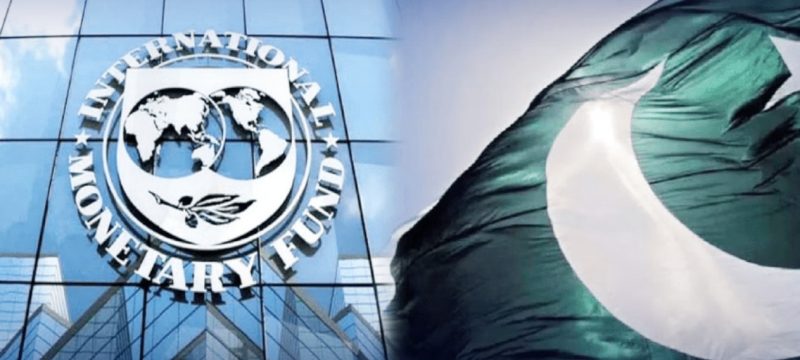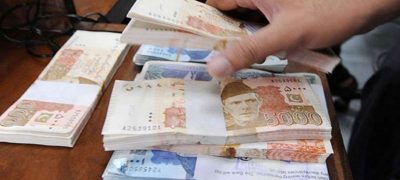The Pakistani government has made a crucial move to address the growing circular debt issue by approving the Circular Debt Management Plan for the current fiscal year, a key requirement of the International Monetary Fund (IMF) loan program. The Economic Coordination Committee (ECC) has given initial approval, and final consent is expected from the federal cabinet.
Documents from the Ministry of Finance reveal that the new plan seeks to limit the circular debt increase to Rs36 billion, compared to last fiscal year when it surged to Rs2,393 billion. Under the IMF agreement, the government had committed to keeping the debt under Rs2,310 billion, but without corrective actions, projections indicate a potential rise to Rs1,077 billion this fiscal year.
Also Read: FBR Raises Property Rates by 5% in 45 Cities to Meet IMF Requirements
To curb this, the government has outlined several measures:
- Timely hikes in electricity tariffs
- Efforts to reduce line losses
- Targeted subsidies
These steps aim to prevent further debt accumulation. The report cites past success with similar strategies, which avoided a Rs27 billion increase in 2022 and saved Rs57 billion in 2023. However, the circular debt still increased by Rs83 billion last fiscal year.
According to the report, the National Electric Power Regulatory Authority (NEPRA) has contributed estimates to the current fiscal year’s debt management plan. The increasing circular debt is identified as a key factor impacting power generation and transmission, which in turn hampers economic growth. The report emphasizes that improving efficiency is essential to resolving the debt issue.
The circular debt growth is largely driven by low collection rates from distribution companies (DISCOs), line losses, unpaid power generation costs, and high interest on loans. The plan also incorporates budget allocations from the finance division to ensure that the necessary financial resources are available to address this pressing issue.









